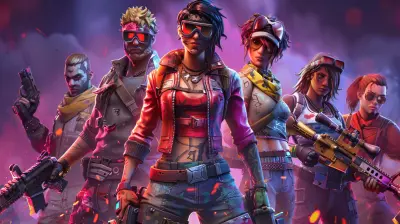Dominating the Battlefield: Team Tactics in FPS Games
14 June 2025
When it comes to first-person shooter (FPS) games, there’s an undeniable thrill in outgunning your opponents and securing victory. But anyone who’s spent time on the digital battlefield knows that it’s not just about flashy headshots or pristine kill-death ratios. Nope, dominating in FPS games often boils down to one thing: team tactics. Going solo might feel heroic, but teamwork? That’s where the real magic happens.
In this article, we’ll dig deep into the art of team-based tactics in FPS games. Whether you’re a casual weekend warrior or aspiring to climb the competitive ladder, mastering these strategies is key to not just surviving but thriving under fire.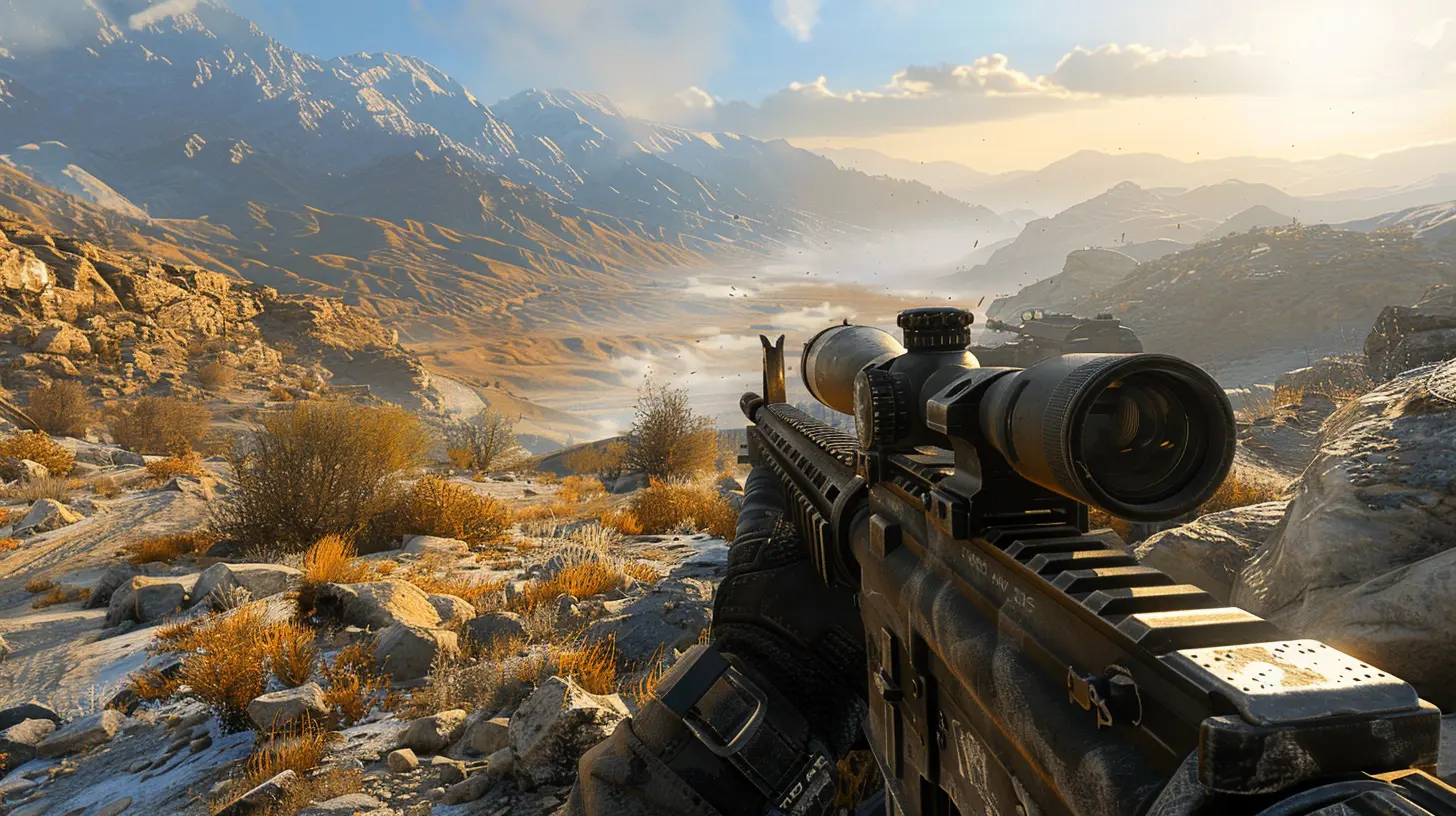
Why Team Tactics Matter in FPS Games
Let’s face it: lone wolves don’t last long in most FPS games. Sure, you might pop off some impressive plays once in a while, but FPS games are inherently team-oriented by design. From iconic titles like Counter-Strike: Global Offensive to modern juggernauts like Valorant or Call of Duty: Warzone, the need for teamwork is baked into the core gameplay.Here’s why team tactics matter so much:
1. Strength in Numbers: A well-coordinated team can overwhelm even the most skilled players. Think of it like a pack of wolves surrounding their prey. It’s hard to fight off five opponents when they’re working together.
2. Map Control: Team tactics help you dominate key areas of the map. Holding chokepoints, securing objectives, and maintaining strategic positioning? That requires coordination.
3. Winning Objectives: Many FPS games feature objective-based gameplay—planting bombs, capturing points, or escorting payloads. One person can’t do it all. Teamwork becomes the difference between victory and defeat.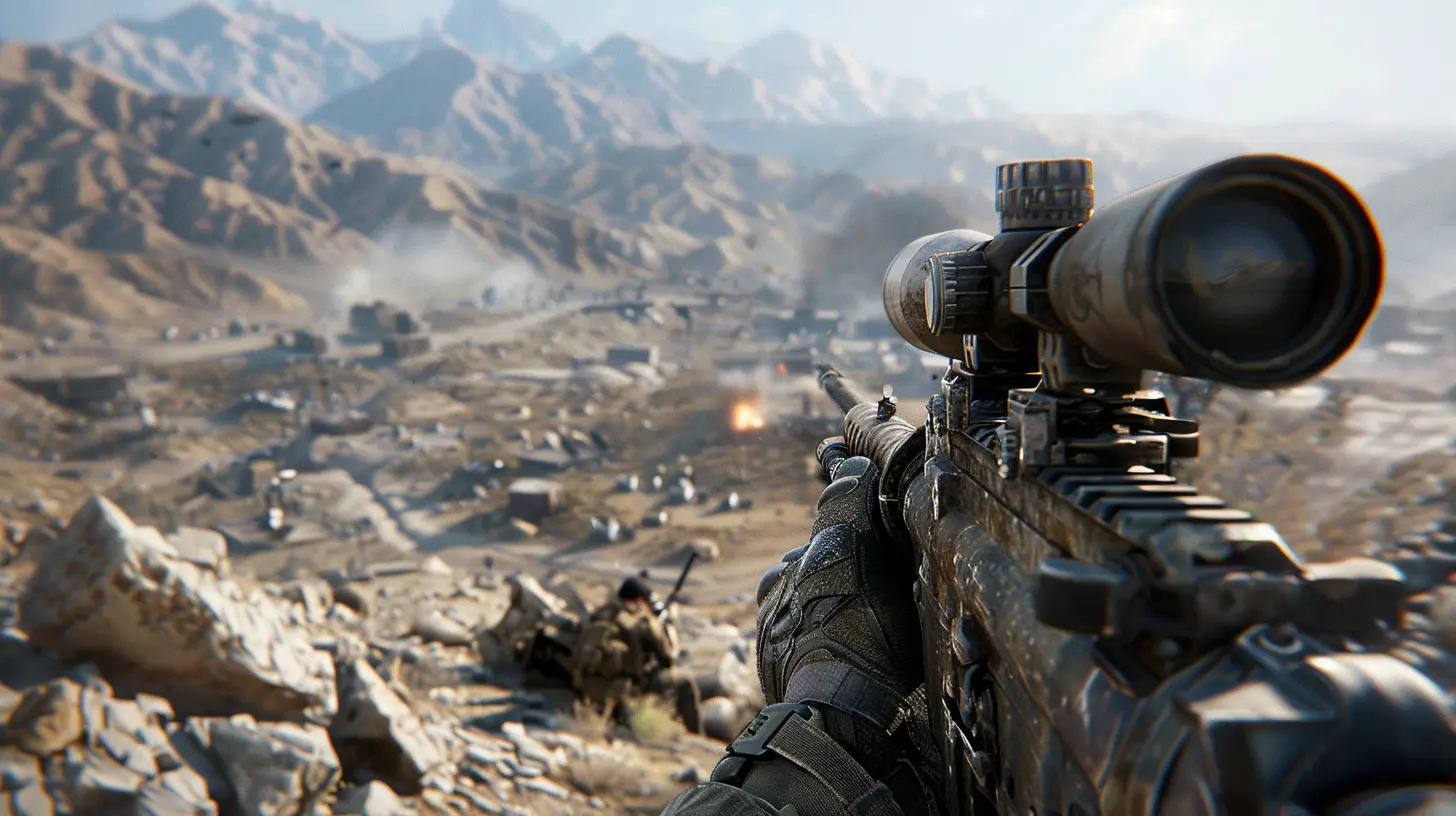
Communication: The Foundation of Teamwork
Let’s cut to the chase: if your team isn’t communicating, you’re setting yourself up for failure. FPS games move fast, and split-second decisions often determine the outcome of a match. Communication is how you bridge the gap between chaos and coordination.Tips for Effective Communication in FPS Games
- Use Voice Chat (If You Can): Text chat is nice, but voice chat is 10 times faster and more precise. Whether you're calling out enemy positions or strategizing for the next round, speaking up gets the job done.- Keep It Short and Sweet: No one has time for a full-blown monologue in the middle of a firefight. Be direct—“Enemy on the left,” “Sniper mid,” or “I need backup at B” are plenty.
- Call Out Specifics: Vague directions like “He's over there!” won’t cut it. Use landmarks, map callouts, or even clock directions. For example: “One enemy near Long A,” or “Behind the truck at 3 o’clock.”
- Stay Positive: Look, we all know tempers can flare during intense matches, but raging at your teammates only makes things worse. If someone messes up, focus on the solution, not the problem.
Remember, good communication is like a GPS for your team. Without it, everyone’s just aimlessly wandering the map, unsure of what to do.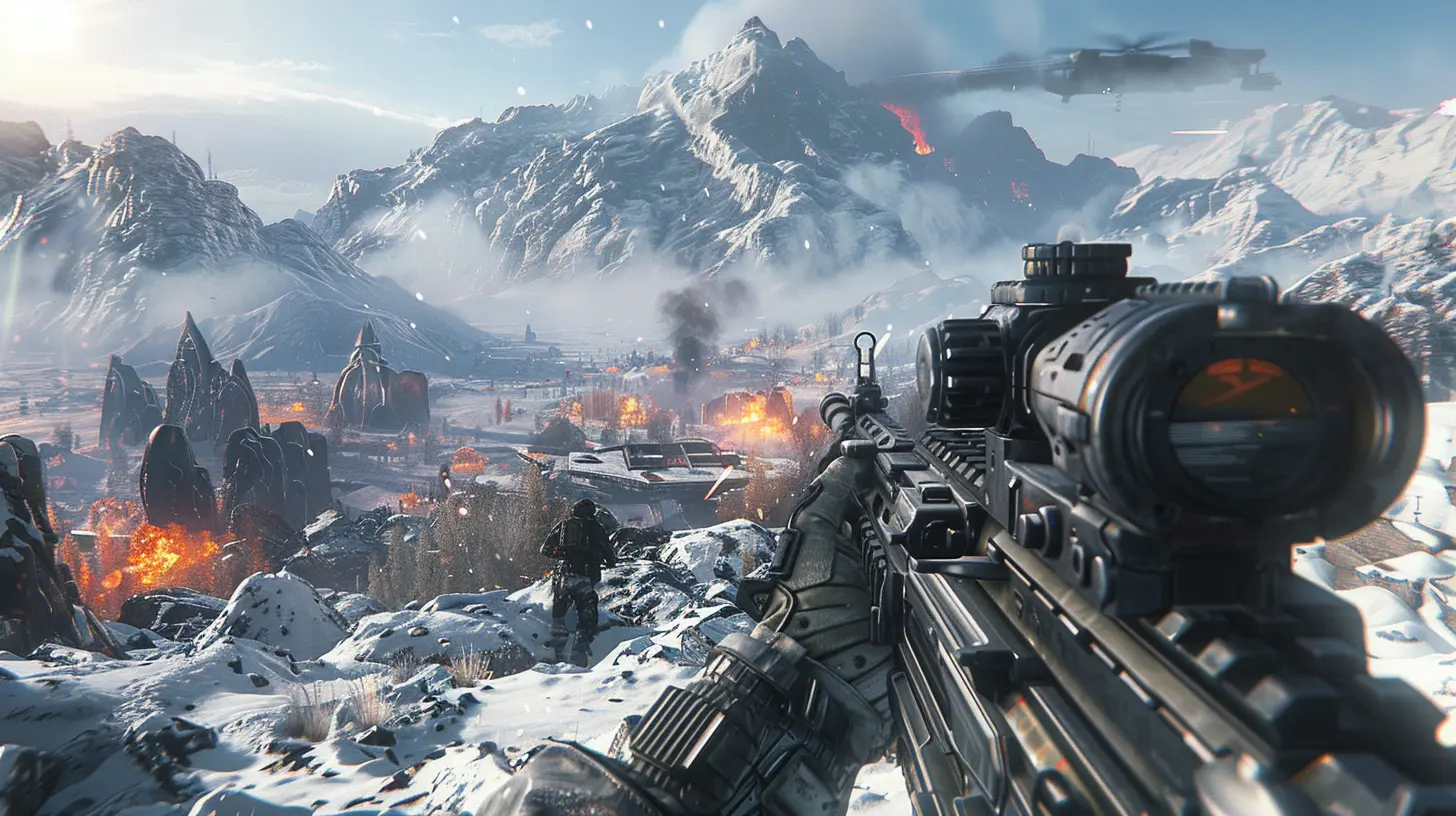
Roles and Responsibilities: Know Your Job
Ever heard the phrase “too many cooks in the kitchen”? The same applies to FPS games. If everyone on your team tries to do the same thing, it’s going to end in disaster. That's where defining roles comes into play. Understanding what each player brings to the table is crucial for cohesive teamwork.Key Roles in FPS Games
1. The Entry FraggerThis is the player who charges in first, guns blazing. Their job is to eliminate enemies and open up space for the team. It’s a high-risk, high-reward role.
2. The Support
Just like in sports, support players are the unsung heroes. Whether it’s healing teammates, dropping intel, or providing cover fire, they make life easier for everyone else.
3. The Sniper
This role needs no introduction. Snipers excel at locking down sightlines and picking off enemies from long range, often shifting the momentum of a match with a single shot.
4. The In-Game Leader (IGL)
Every team needs a shot-caller. The IGL is the one who keeps everyone on track, making calls for rotations, pushes, and defensive setups. Think of them as the quarterback of your FPS squad.
5. The Lurker
Not every team tactic needs to be loud and aggressive. Lurkers specialize in sneaky plays, flanking behind enemy lines, and disrupting their plans from the shadows.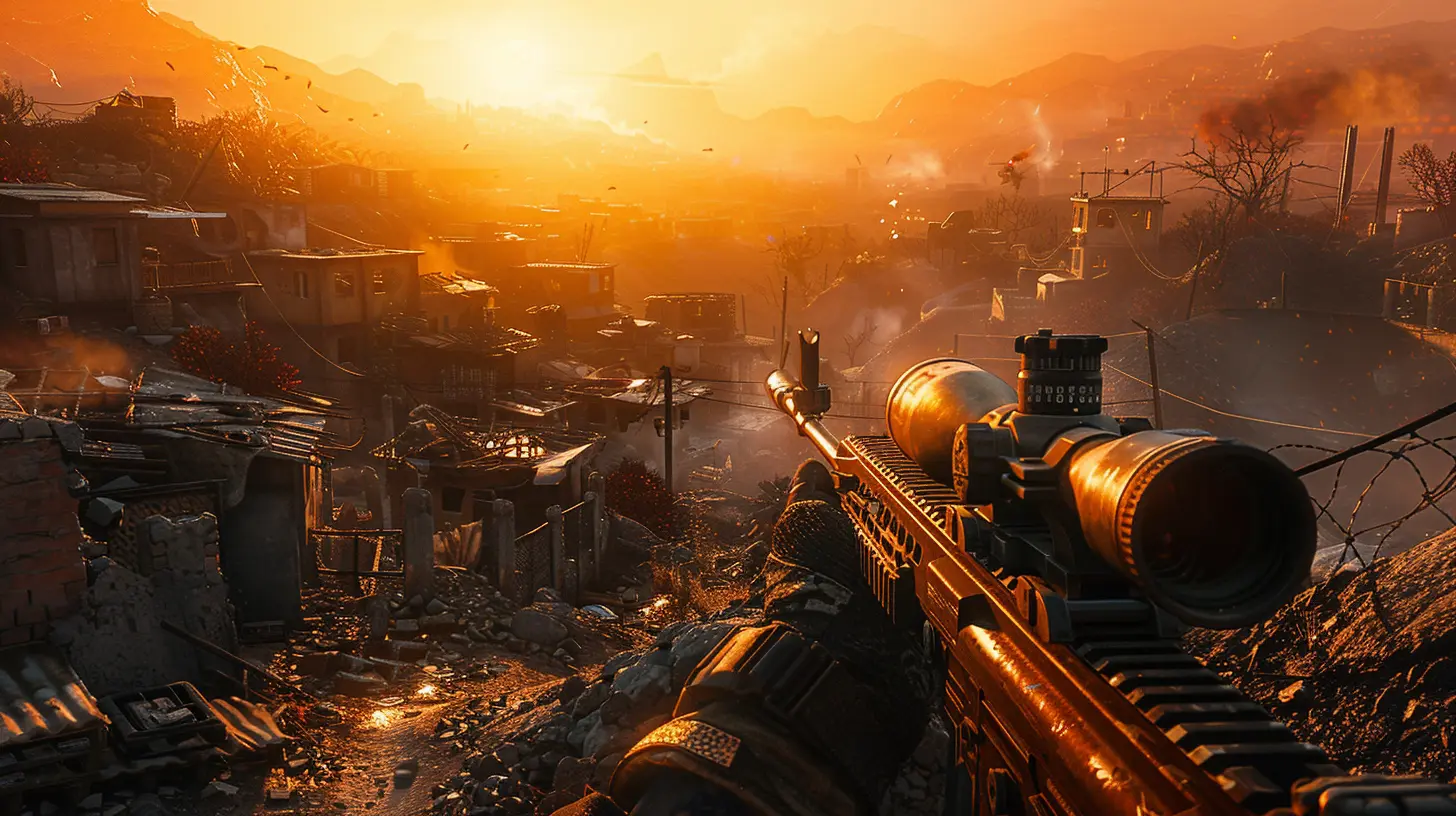
Map Awareness: The Ultimate Weapon
Listen up: mastering the map is non-negotiable if you want to dominate any FPS game. When you know a map like the back of your hand, it almost feels like you’re playing chess while your opponents are playing checkers. You’ll know the best angles, hiding spots, and flanking routes, giving you and your team a massive advantage.How to Improve Map Awareness
- Play with Intent: Instead of running around aimlessly, focus on specific areas of the map during games. Learn every corner, entrance, and exit.- Watch the Pros: Professional gamers demonstrate top-tier map awareness. Check out their gameplay to see how they hold angles, rotate between objectives, and position themselves to maximize impact.
- Learn Callouts: Almost every FPS map has universal callouts for key areas. Make it a habit to memorize these. That way, when someone shouts, “One on Heaven,” you’ll know exactly where to aim.
- Listen to Audio Cues: Footsteps, reloads, and weapon sounds give away enemy positions. Keep your ears open—it’s like having a sixth sense.
Team Tactics: Strategies That Win Games
Now that we’ve covered the basics of teamwork, let’s talk about specific strategies to implement during matches. These are the bread and butter of dominating the battlefield.1. The Split Push
This tactic involves dividing your team into two groups and attacking from separate angles. It forces enemies to split their attention—making them easier to overwhelm.- When to Use: Works best in bomb-planting games like CS:GO or Valorant.
- Tips for Success: Communication is critical here. Both groups should push at the exact same time to maximize confusion.
2. Bait and Switch
This strategy involves drawing out an enemy (bait) while a teammate is ready to finish the kill (switch). Think of it like fishing—hook them, then reel them in.- When to Use: Works well in close-quarters encounters.
- Tips for Success: Make sure the bait player has an escape plan in case the switch takes too long.
3. Holding Chokepoints
Chokepoints are narrow areas where the enemy is forced to pass through. By locking down these spots, you can control the flow of the match.- When to Use: Works best on defense or when protecting objectives.
- Tips for Success: Use grenades, traps, or snipers to maximize effectiveness.
4. Nested Defense
When defending objectives, it’s often wise to layer your defenses. Place one or two players directly on the objective and have the rest of the team spread out to cover possible entry points.- When to Use: Ideal for games with single-point objectives like Overwatch.
- Tips for Success: Communication is key—don’t leave gaps in your coverage.
Adaptability: Learn to Think on Your Feet
If there’s one thing predictable about FPS games, it’s unpredictability. No matter how airtight your strategy is, things can go sideways in a heartbeat. That’s why adaptability is every great team’s secret weapon.So how do you become adaptable? Simple: stay calm under pressure and never stop analyzing the game. If Plan A fails, switch to Plan B—or even Plan C. And don’t be afraid to experiment mid-match. Sometimes, an unconventional play is exactly what your team needs to turn the tide.
Practice Makes Perfect
Look, no one becomes a master tactician overnight. It takes time, effort, and yes, a lot of losses to refine your team strategies. But here’s the silver lining: every match is a learning opportunity. Review your games, identify what went wrong, and make adjustments. Improvement is a grind, but it’s worth the payoff.Conclusion: Own the Battlefield Together
At the end of the day, FPS games are so much more than just shooting guns and racking up kills. When you and your team work together like a well-oiled machine, that’s when the real fun begins. So, whether you’re queuing up with friends or random teammates, don’t overlook the power of team tactics. Communicate, coordinate, and conquer—because on the battlefield, teamwork really does make the dream work.all images in this post were generated using AI tools
Category:
First Person ShooterAuthor:

Kaitlyn Pace
Discussion
rate this article
3 comments
Heidi Pruitt
Great insights! Effective team communication and strategic positioning can significantly enhance success in FPS games. Remember to adapt tactics based on opponents' strengths and weaknesses, and always support teammates. Cooperative gameplay not only boosts morale but also increases your chances of dominating the battlefield. Keep it up!
June 23, 2025 at 2:42 AM

Kaitlyn Pace
Thank you for your thoughtful comment! I completely agree—adaptability and teamwork are crucial for success in FPS games. Let's keep striving for that battlefield domination together!
Owyn Weber
Great insights! Effective team tactics can truly change the outcome of matches.
June 15, 2025 at 2:54 PM

Kaitlyn Pace
Thank you! I’m glad you found the insights valuable. Effective teamwork is indeed crucial for success in FPS games!
Gwen Williams
This article astutely highlights the importance of communication and strategy in FPS games. However, it could delve deeper into how individual player skill complements team tactics, creating a more nuanced gameplay experience.
June 15, 2025 at 3:16 AM

Kaitlyn Pace
Thank you for your insightful comment! I appreciate your suggestion and will consider exploring the interplay between individual skill and team tactics in future articles.


